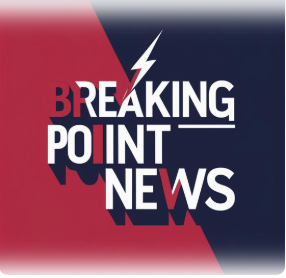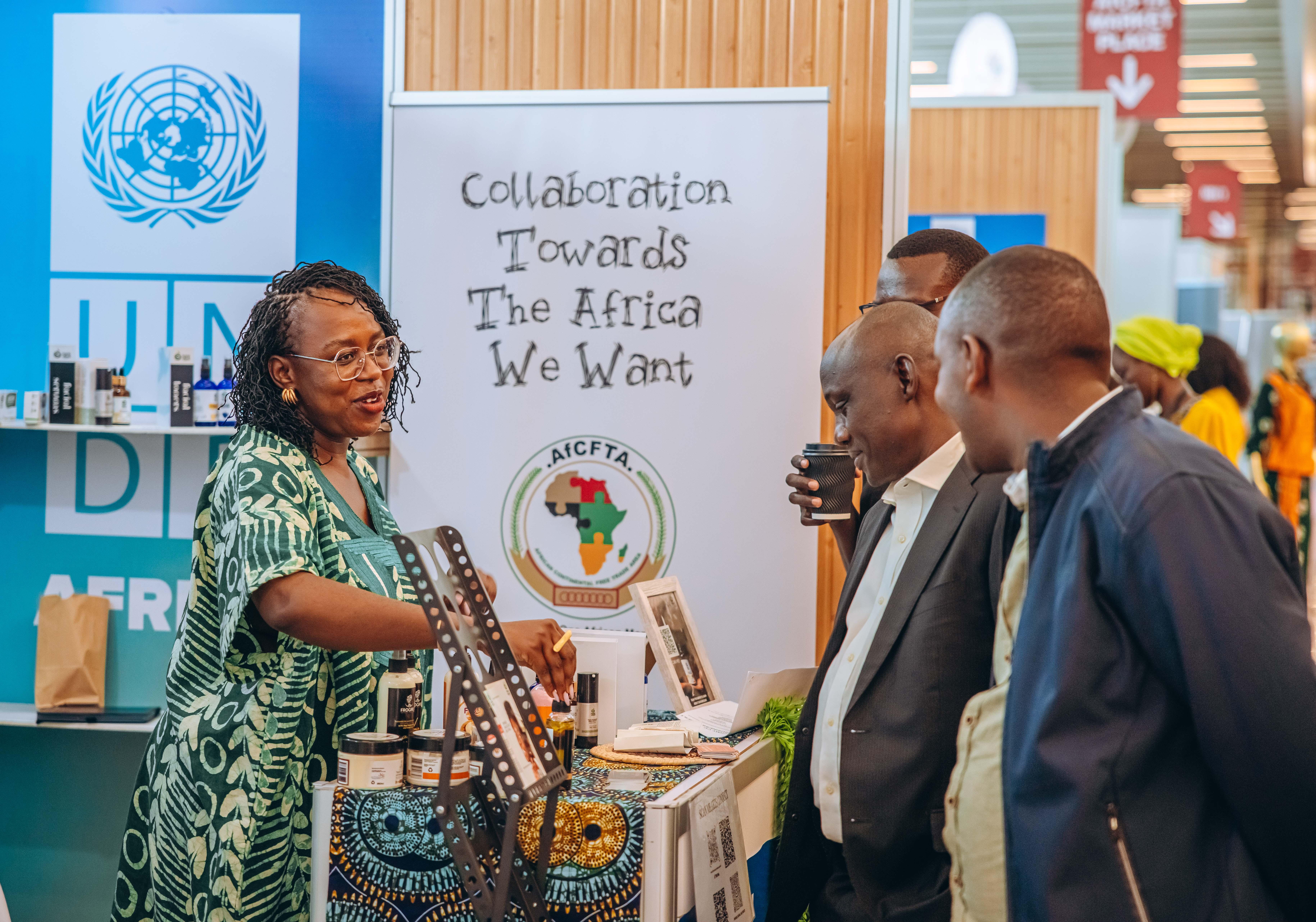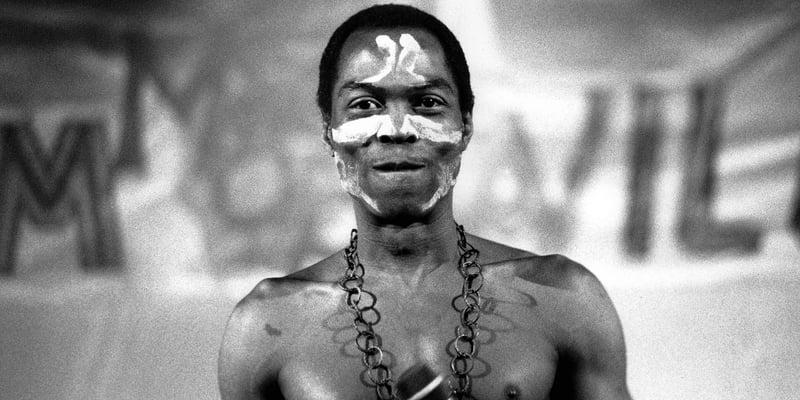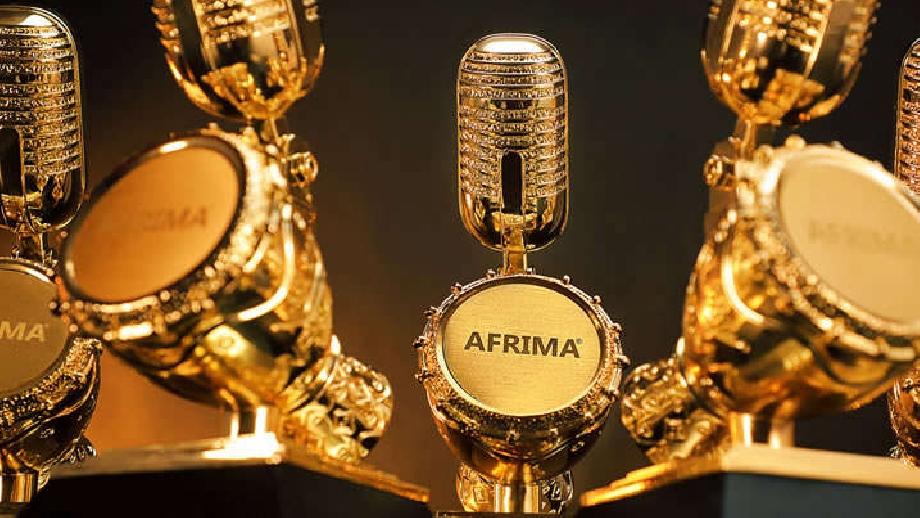Africa isn’t just the birthplace of humanity; it’s also the birthplace of language.
From the deserts of the Sahara to the rainforests of the Congo and the savannas of East Africa, the continent is home to a staggering 2,000+ languages, making it the most linguistically diverse region on Earth.
This rich linguistic landscape tells a powerful story of Africa’s history, cultures, migrations, and identities.
🌍 A Continent That Speaks in Thousands of Tongues
Africa’s 54 countries collectively speak more than 2,000 languages, and when you include dialects and regional variations, that number climbs closer to 3,000. This means that nearly one-third of the world’s languages are found in Africa, despite the continent accounting for only 20% of the world’s population.
Each language is more than just words; it carries centuries of wisdom, traditions, and worldviews. Together, they represent the continent’s incredible cultural depth and diversity.
📚 The Major Language Families of Africa
Africa’s linguistic diversity is organized into several main language families, each with its own fascinating history:
1. Niger-Congo Languages 🌿
- The largest language family in Africa, spoken by over 700 million people.
- Includes Swahili (East Africa), Yoruba (Nigeria), Zulu (South Africa), and many more.
- Known for their tonal nature and rich oral traditions.
2. Afro-Asiatic Languages 🏜️
- Spoken across North Africa, the Horn of Africa, and parts of the Sahel.
- Includes Arabic, Amharic (Ethiopia), Somali, and Hausa.
- Some of the oldest written languages in the world belong to this group.
3. Nilo-Saharan Languages 🌊
- Spoken in parts of Sudan, Chad, Kenya, and Tanzania.
- Includes languages like Luo and Kanuri.
- Known for their complex grammar and deep historical roots.
4. Khoisan Languages 🌍
- Among the world’s most ancient languages, spoken by the San and Khoi peoples of southern Africa.
- Famous for their click consonants, which are rare globally but deeply significant here.
5. Austronesian Languages (Malagasy) 🌴
- Spoken in Madagascar, showing the island’s ancient ties to Southeast Asia.
- A linguistic bridge between Africa and the Pacific.
🇳🇬 Nigeria: A Linguistic Superpower
If there’s one country that shows off Africa’s language diversity, it’s Nigeria.
With over 500 languages, Nigeria is one of the most linguistically diverse nations in the world. Languages like Yoruba, Igbo, and Hausa each have tens of millions of speakers, and many smaller languages are spoken by just a few thousand people, making them vital threads in the country’s cultural fabric.
📜 Language as Culture, History, and Identity
Every African language carries stories of migrations and kingdoms, of trade and transformation. Many have been passed down orally for centuries, preserving history through proverbs, songs, and storytelling.
In some communities, language is a form of identity. It shapes how people view the world, how they connect with ancestors, and how they build community. Losing a language often means losing a unique worldview, and that’s why many African nations and activists are working to preserve and promote indigenous languages before they disappear.
🌐 The Future of African Languages
Today, globalization, urbanization, and technology are changing how languages are used. English, French, Arabic, and Portuguese dominate official and educational spaces, but indigenous languages are finding new life in music, film, social media, and literature.
Tech giants like Google and Microsoft are now integrating African languages into their platforms, and new translation apps are helping preserve endangered tongues. The digital age might just become a new chapter in Africa’s linguistic story.
🧠 Final Thoughts: Africa Speaks the World’s Language
Africa’s 2,000+ languages are more than a number, they are a living library of human expression. They remind us that Africa is not a monolith but a mosaic of peoples, histories, and ideas.
As the continent steps boldly into the future, its languages ancient and modern, global and local, will continue to shape not just Africa’s story but the world’s.
Leave a comment
Your email address will not be published. Required fields are marked *




